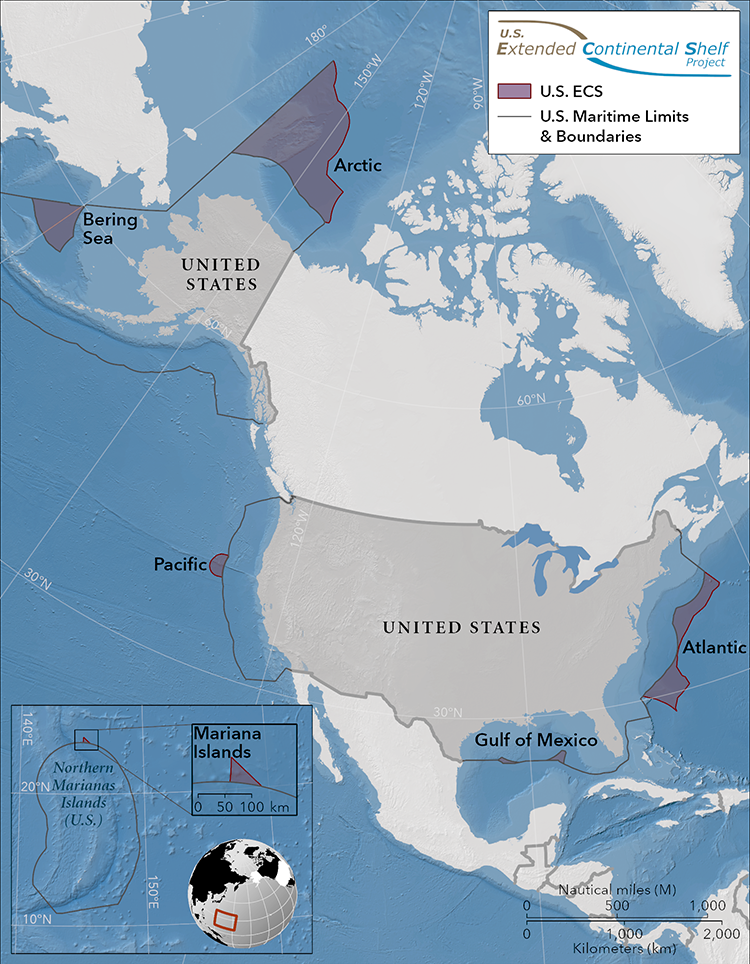In the wake of the general degradation of adherence to laws, and a demonstration that every problem can be solved by re-definining the premises that gave rise to it, even if that includes the rewriting of history, Switzerland wants to re-define what 'neutrality' means for them.
To that end, a change in the Law on the Export of War Material (French: loi sur le matériel de guerre) was proposed in the lower chamber of the Swiss Federal Parliament, the National Council, by the Social Democratic Party and the Green Party members, that would, if accepted, allow the ‘the ban of re-export of war material from non-warring countries to sides in an armed conflict’.
The change reads as follows (translated from the French version):
Read more: Switzerland to Rephrase its Neutrality
The Federal Council is responsible for amending Article 18 of the Federal Law on War Material and for presenting a message to Parliament to this effect:
Art. 18 Declaration of non-re-export; exceptions
1 …
2 …
3 (new) At the request of a foreign government, the Federal Council may revoke the declaration of non-re-export, if the requested non-re-export relates to a situation which the United Nations Security Council has declared, in a resolution, contrary to the prohibition of the use of force provided for by international law and if no overriding foreign policy interest of Switzerland opposes it.
4 (new) If no decision is taken by the UN Security Council due to a veto, the UN General Assembly must have found, with a two-thirds majority, a violation of the ban international law on the use of force within the meaning of art. 2 para. 4, of the Charter of the United Nations, before the implementation of art. 18, para. 3.
Original in French
So, just on the fly, in point 4 they re-define what International Law means and how it is to be interpreted. As a reminder, if the UN Security Council has not adopted a resolution, there’s no legal basis on which to claim your following international law – within the UN legal framework, at least. What Swiss politicians want to do here is to replace those rules and laws with their own. Now, according to them, a ‘two third majority of a resolution of the UN General Assembly’ shall suffice to establish what ‘International Law’ is.
We have here another example of people willing to trash all existing (international) laws and replace them with their own version, while declaring loudly and honestly they are following and are concerned about (international) laws being followed.
In case you had any doubts why some people think this might be a good idea, here’s their ‘Putin-made-me-do-it’ argument – I hesitate to call this ‘reasoning’ or ‘justification’ because it is neither:
The war of aggression waged by Russia in Ukraine has shown that there is a need to specify the declaration of non-re-export according to Art. 18 of the Federal Law on War Material (LFMG). In particular, a derogation should be created when there is a violation of the prohibition on the use of force referred to in Art. 2 para. 4 of the Charter of the United Nations. The possibility of lifting the declaration of non-re-export should be introduced in the LFMG in the event that governments wish to provide assistance to a State which has been attacked in its territorial integrity.
Switzerland recognizes that each State must respect the territorial integrity of other States as well as the prohibition of the use of force in accordance with art. 2 para. 4, of the Charter of the United Nations and needs these principles to be respected Russia has recently attacked Ukraine in its territorial integrity by resorting to military force, which is incompatible with the Charter of the United Nations. The United Nations Security Council is tasked with finding such violations of international law. The measures adopted by the United Nations Security Council are also binding for Switzerland. The aforesaid possibility must be enshrined in art. 18. It must be presented as an exception, based on international law, which can be envisaged in certain cases in order to lift the ban on re-export. However, in the concrete case of the invasion of Ukraine, the United Nations Security Council cannot find a violation of the prohibition on the use of force, because of the veto oppose by Russia. This is why it would also be appropriate to introduce in the LFMG a provision covering the case in which the United Nations Security Council cannot take a decision due to a veto by one of its members.
If the Federal Council refuses to modify the LFMG for other reasons, it would be possible to propose to the Federal Assembly a Federal Assembly ordinance of similar content in order to clarify the situation in a case of self-defence such as that of Ukraine.
Original in French
Again, you can see that their definition of what International Law says is their own opinion what they think it should say.
Again, if the UN Security Council has not found in a resolution, that a ‘war of aggression’ is being waged, or it has not found in a resolution, that ‘provisions and rules of the UN had been broken by a member’, than there is no legal basis for anyone to claim otherwise within the UN legal framework.
Conclusion: The West has got way to many cretins in charge, that lead it into decline by thrasing all its values, laws and rules, while vehemtly claiming to want to uphold them.





